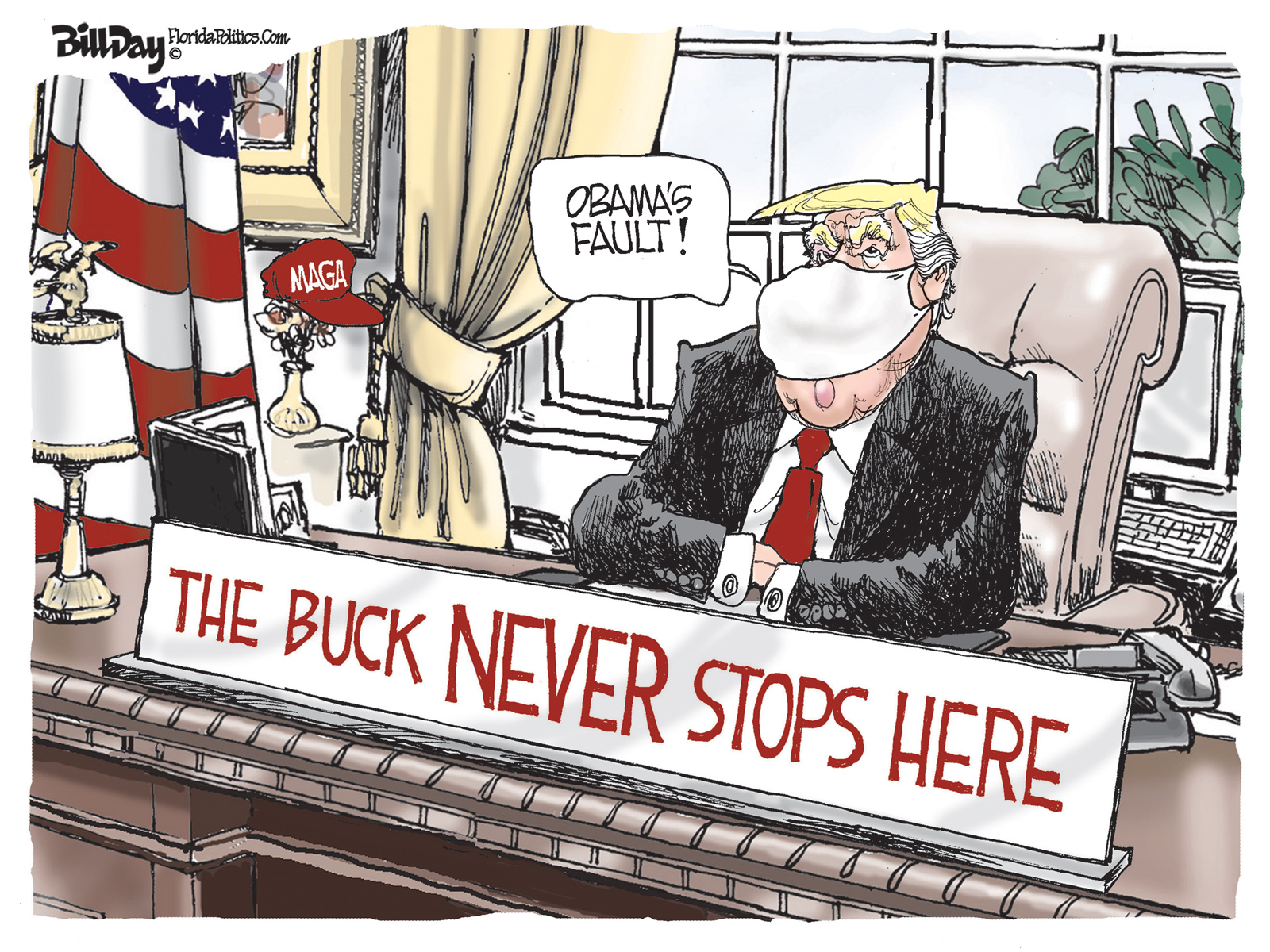It’s a tale of two cities, at least that’s the inescapable conclusion from watching TV news and then reading The Commercial Appeal.
More and more, the daily newspaper seems to be officialdom’s view of Memphis while television news swings wildly to the other end of the spectrum. It’s almost as if you need to read and watch them both to find the point in the middle where reality exists.
Last week’s coverage of the local Homeland Security office is a perfect example. On the nightly broadcast of Fox News, we hear about the operational debacles in the office and suggestions that funding was not spent in compliance with federal regulations. Prominent in the coverage are two damning interviews with the former two heads of Homeland Security, and Shelby County Public Works Director Ted Fox is left, clearly uncomfortable, to explain the county administration’s position. We came away from the coverage concerned that Homeland Security is in disarray and that seemingly fatal flaws exist in its ability to protect us.
On The Other Hand
When The Commercial Appeal finally reports on it (it had been the worst-kept secret in county government for months by then), the report told about county government’s valiant and successful effort to keep massive amounts of federal funding from being returned because of the incompetence of local homeland officials. We came away from that coverage reassured by the outstanding job that these county public servants are doing in protecting our money.
All in all, it left us with news whiplash. But that happens a lot these days in local coverage.
Lost in the coverage was a broader context for understanding the work of Homeland Security in the first place. How is its work different from EMA, and how does it coordinate its services with that agency? What are the causes of the lingering organizational problems with the agency, and why are they still present after two years? What is the response from the Inspector General’s Office of U.S. Homeland Security who has received a complaint alleging that office operations violate federal rules?
Emotional Content
Sometimes, we’re just left confused. There’s the inescapable feeling that television news can’t pump enough emotion into every story and conversely that The Commercial Appeal is determined to drain every ounce out.
In competing with television news, the newspaper should play to what should be its substantial competitive advantage – its ability to offer deeper understanding and more information.
OK, we admit that we’re having trouble adjusting to the realities of today’s news business. Newspapers are fighting predictions of their ultimate doom, and television news seems content to base its future on the overstated, the emotional and the salacious. No longer is it enough to report the news, we now are subjected a cast of characters playing roles, like the “Watch Dog” and other themed reporters who inject themselves into every thing they report.
Dying For Real News
Maybe we’re a dying breed, but we really aren’t looking for a large national corporate news company to be “on your side.” We’d just be content to get the unvarnished news, free of the chatter and the personalities. We’ll figure out what it means to us.
That’s a reason we didn’t have much interest in Katie Couric’s debut as an anchor. Before she could even take stage, she’s promising us that not only will she tell us what the news is but why it matters to us. Frankly, we’d rather make that judgement for ourselves.
Somehow, the line between news and commentary, objectivity and personality has been breached so completely that we can never go back. So, editorial comments are sprinkled into scripts for local and national anchors while reporters shape shift from commentators to reporters and back, as if their stated personal opinions do not forever alter our confidence in their abilities to report the story straight down the middle.
The Reporterazzi
It’s as if the nightly news has become a reality show in which the reporters see themselves as stars, garnering a new name that more accurately reflects their work – the reporterazzi.
Some time ago, there was a commercial on our New York Times-owned station (at least for now) that showed The Watch Dog shouting at someone walking down the street: “You have a responsibility to talk to me.” And I think he really believes it. Certainly, most Americans seem to.
The culture of talk and celebrity cannot be saturated or satiated, and because of it, we have days upon days fixed upon the wrong targets. Soldiers continue to die in Iraq, but the news gets fixated on Branjelina’s adopted baby (now supplemented by Madonna’s baby). The earth is warming and we’re spending hours focusing on this week’s version of Scott Peterson is. The country is splitting apart, and we’re entertained by the indictment as Roman circus.
Reality Television Meets TV News
Surely, soon, reality television and TV news are destined to converge, and then, life will be so much simpler. We can simply vote on whether Martha Stewart is an American Idol or if Gary Bonds is a Survivor. It becomes less preposterous every day.
As the Homeland Security coverage showed, there’s often more heat than light on issues that deserve better. The newspaper fails to makes some basic phone calls to people who are independent observers and experts, and television naturally gravitates to the person making the wildest charges.
The motto for Scripps-Howard, parent company for our newspaper, was: “Give light and people will find their way.” Its logo was a lighthouse. These days, it’s a sentiment that seems a relic of a lost age. Right now, we’d just settle for a reporter with a flashlight.



